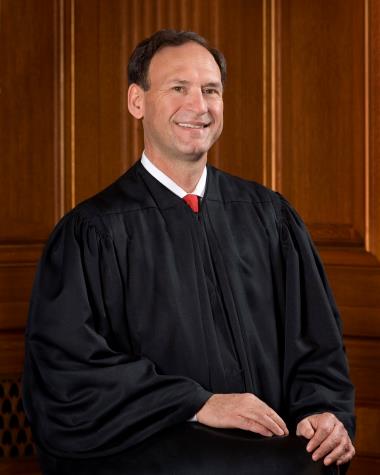For years, the Supreme Court has allowed compulsory union dues by treating them as an exception to the guarantee of freedom of association. Generally, the Court has reasoned that compulsory union membership is necessary to preserve labor peace and prevent “free-riders”. See, for example Abood v. Detroit Board of Education, 431 US 209 (1977).
However, in 2010, a majority of the Court signaled that the time may have come to revisit this approach. In Knox v. SEIU, 567 US ___ (2012) Justice Alito wrote for the majority that:

“Because a public-sector union takes many positions during collective bargaining that have powerful political and civic consequences,” these sorts of “compulsory fees constitute a form of compelled speech and association that imposes a significant impingement on First Amendment rights.”
Knox was not an aberration. In the 2013 term, the Court decided Harris v. Quinn, a case challenging an Illinois statute that requires home health care workers to support a union to lobby for its interests with state legislators and regulators. Although the Court struck down the Illinois statute, it did not do so on the basis of First Amendment principles. Significantly, the majority opinion signaled interest in a case that squarely raised the free speech issue without challenging the union’s collective bargaining authority. Friedrichs does precisely that — if we win, the CTA will continue to serve as the collective bargaining agent for its covered employees, but it will have to compete for membership and dues. That is, Friedrichs will not end collective bargaining but it will make union leadership accountable to covered employees.
